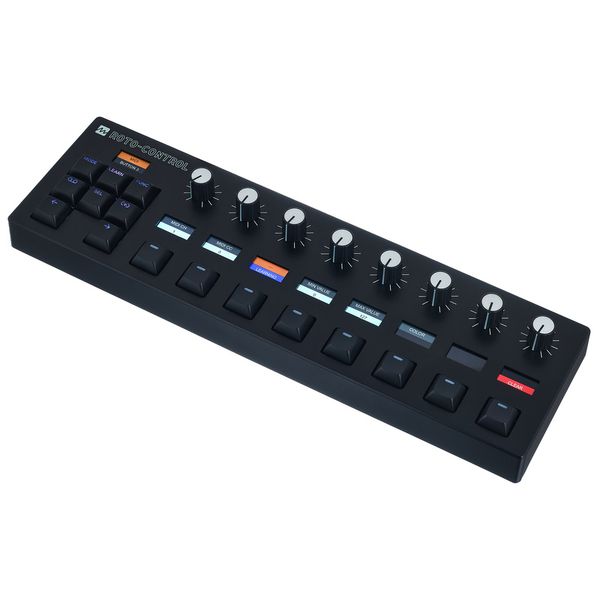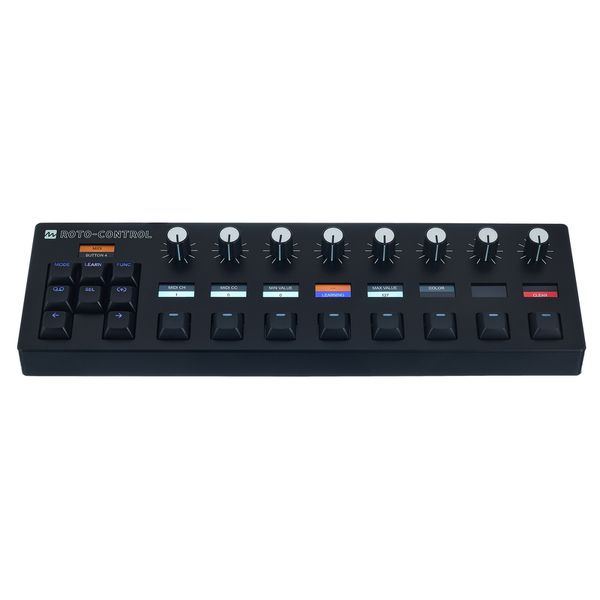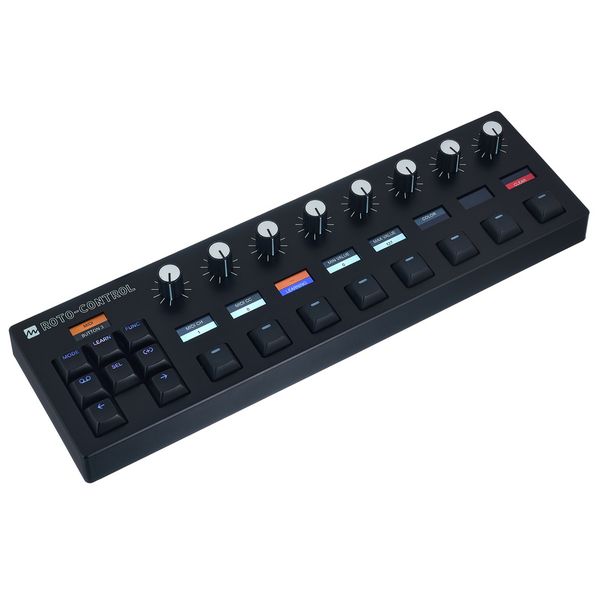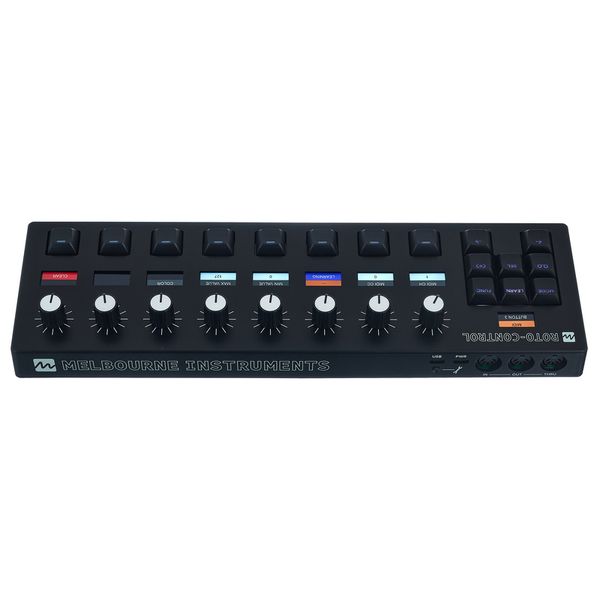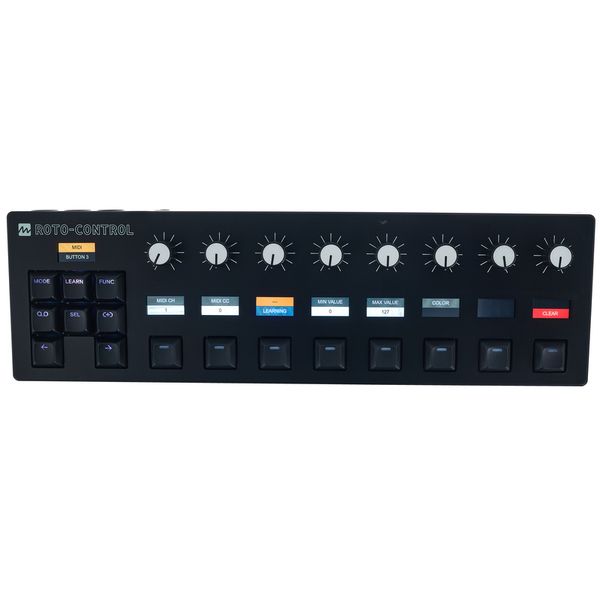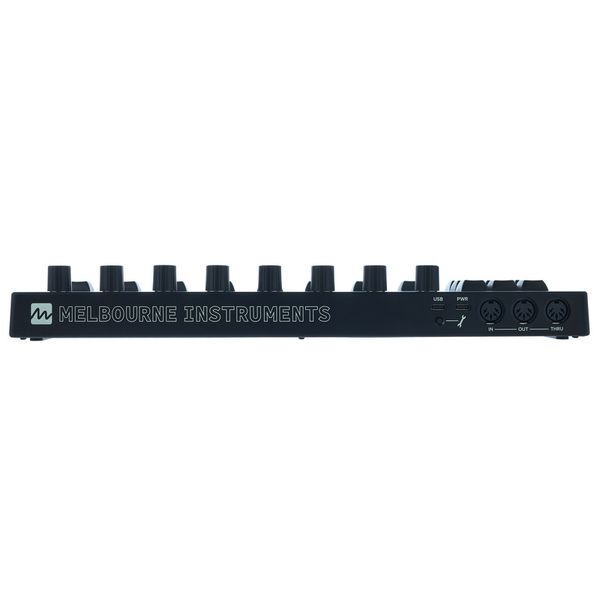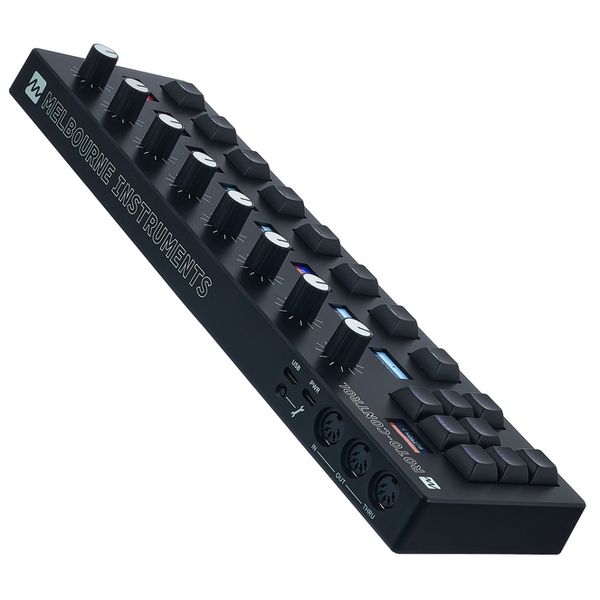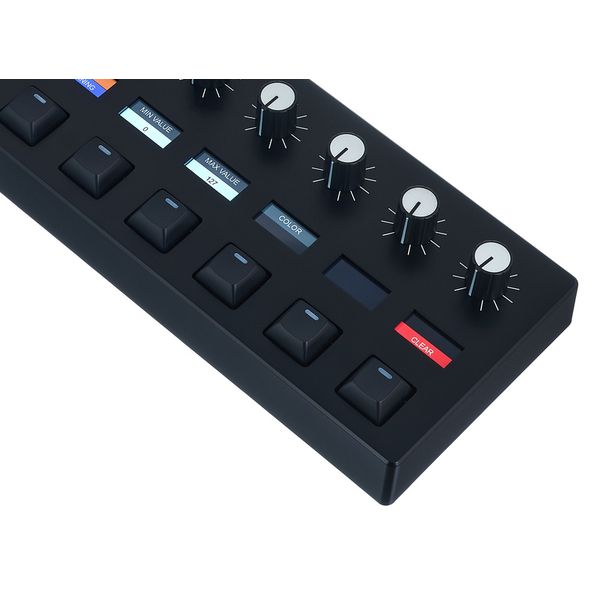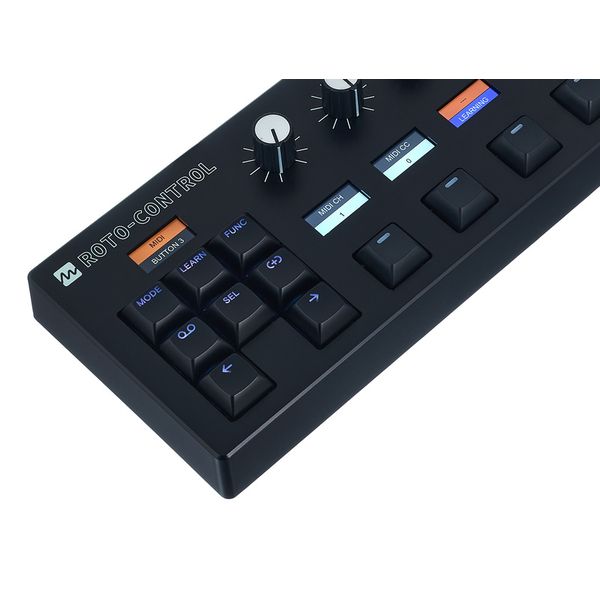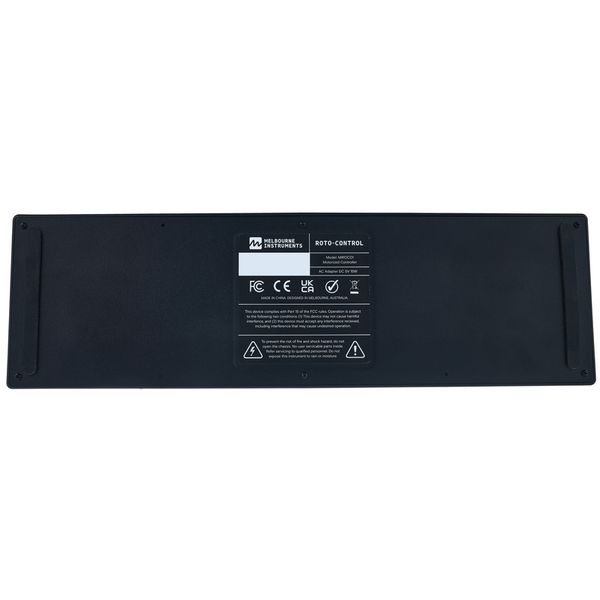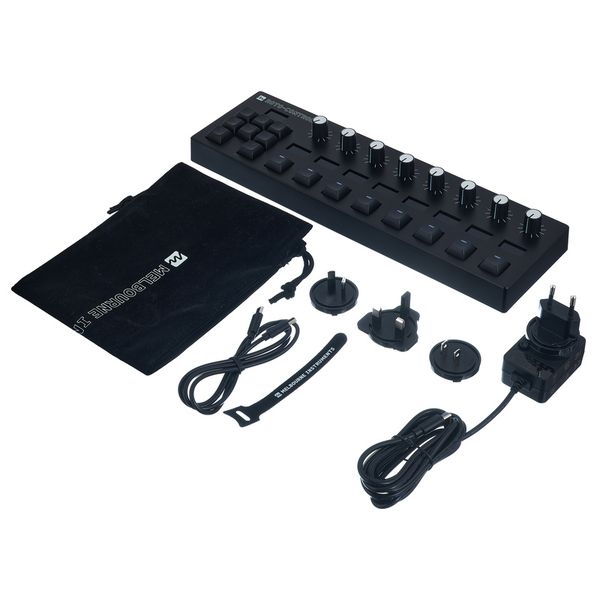
Servido com amor!
Com os nossos cookies, queremos providenciar-lhe uma experiência de compra agradável com tudo o que isso implica. Isto inclui, por exemplo, ofertas adequadas, anúncios personalizados e a memorização de configurações. Se estiver de acordo, concorde com o uso de cookies para preferências, estatísticas e marketing, clicando simplesmente em ‘Tudo bem’ (mostrar todos).
Você pode revogar o seu consentimento a qualquer momento através das configurações de cookies (aqui)
Você pode revogar o seu consentimento a qualquer momento através das configurações de cookies (aqui)

